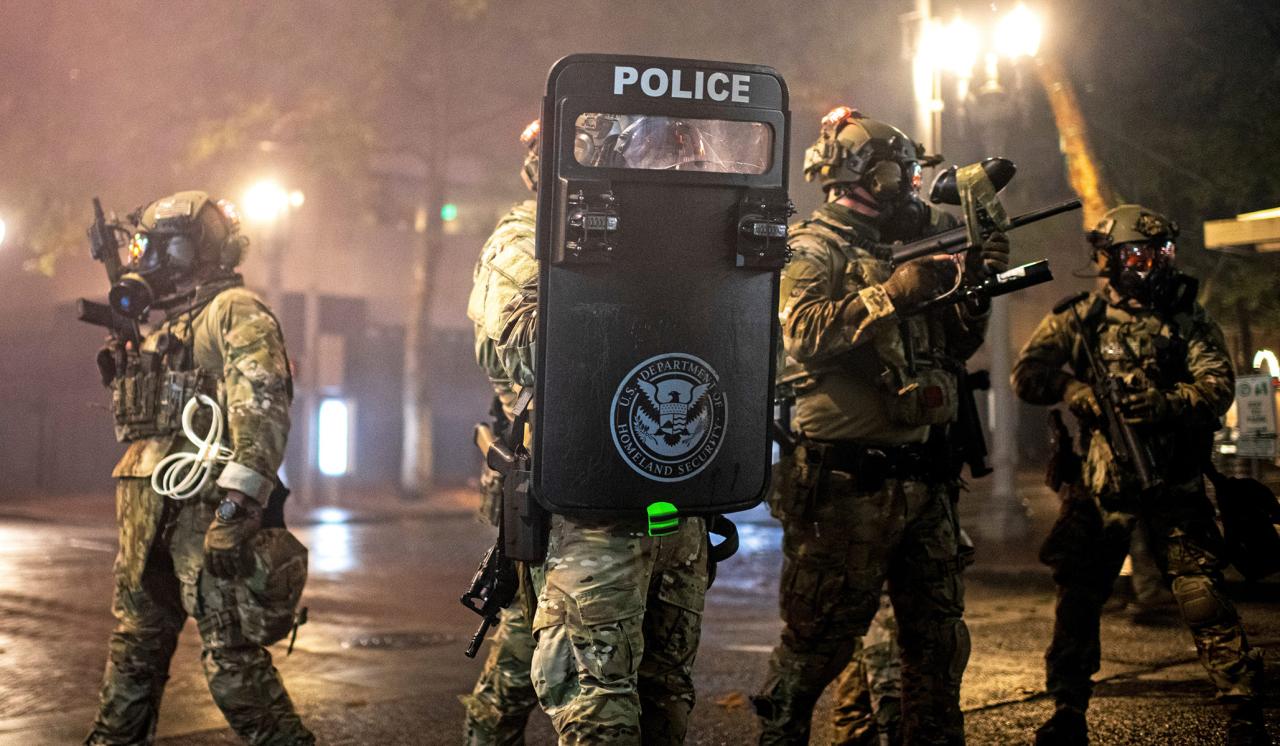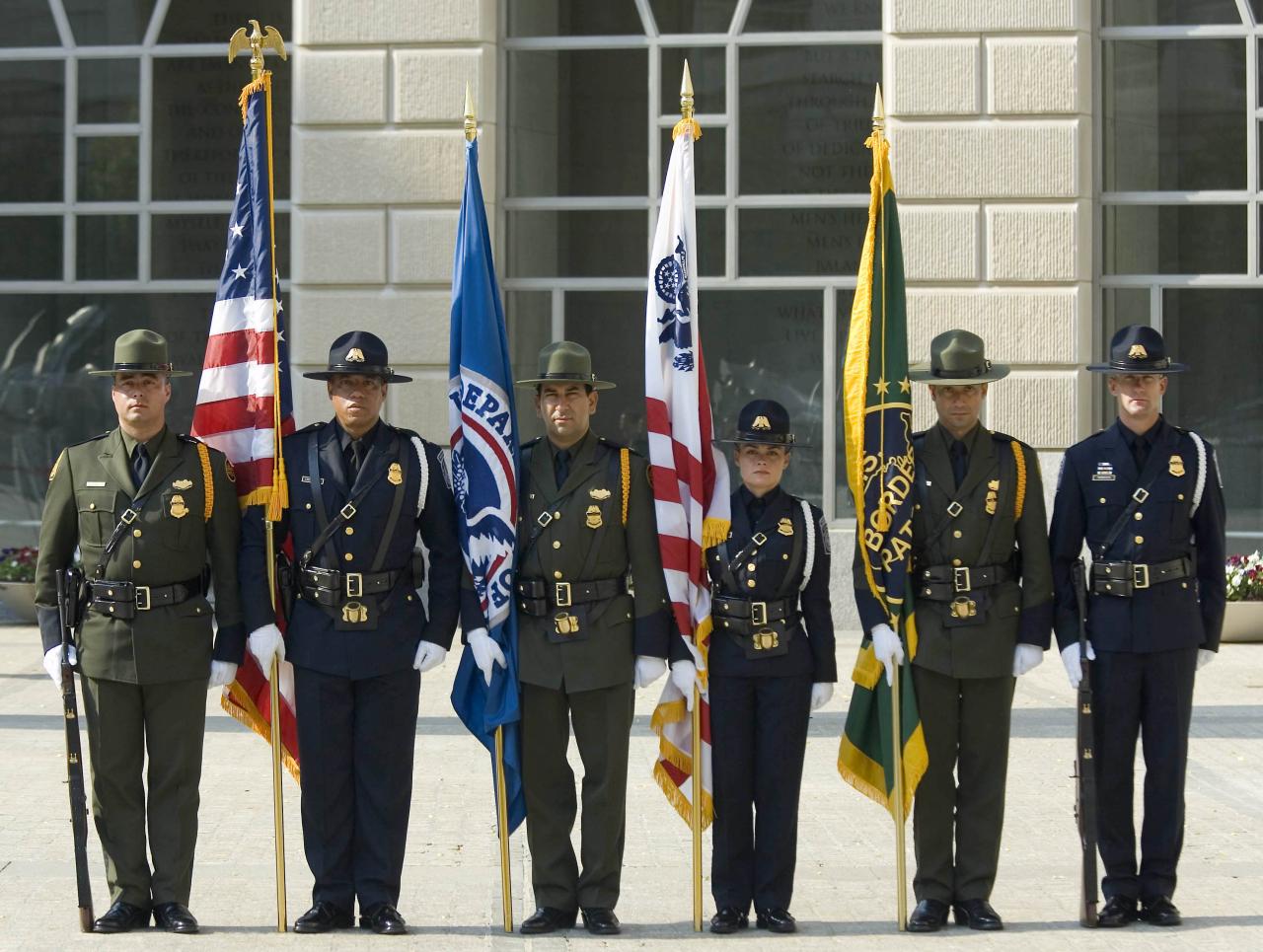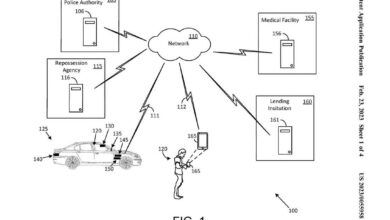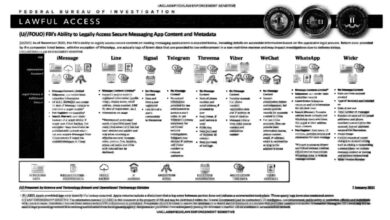
Portland Riots: Doxing of Federal Officers
Dozens of federal law enforcement officers in Portland doxed amid riots officials say, the incident sparked a wave of concern and debate about the consequences of releasing sensitive personal information during protests. The event unfolded in the summer of 2020, as protests against police brutality and racial injustice escalated in Portland, Oregon.
The riots, fueled by tensions between protesters and federal law enforcement, led to a chilling revelation: the doxing of dozens of federal officers, exposing their personal details, including addresses and family information, online.
The doxing incident, widely reported by news outlets and confirmed by official statements, raised serious concerns about the safety and security of federal officers and their families. The release of such sensitive information put them at risk of harassment, threats, and even physical harm.
The incident also highlighted the potential impact on officer morale and their ability to effectively carry out their duties.
The Incident

In the summer of 2020, amidst widespread protests and unrest across the United States, a significant incident unfolded in Portland, Oregon. Dozens of federal law enforcement officers, deployed to the city to quell the unrest, had their personal information, including home addresses and phone numbers, publicly released online.
This act of doxing, the practice of publicly revealing private information without consent, was widely condemned and sparked concerns about the safety and security of the officers involved.The doxing incident occurred during a period of intense protests and riots in Portland, fueled by the death of George Floyd and broader concerns about police brutality and racial injustice.
The city witnessed nightly demonstrations, often turning violent, with clashes between protesters and law enforcement. Federal agents, primarily from the U.S. Marshals Service and the Department of Homeland Security, were deployed to Portland to protect federal property and enforce the law.
Doxing and its Context
The release of personal information of federal officers in Portland was a direct consequence of the escalating tensions and violence during the protests. The doxing incident, reported by various news outlets, including The Oregonian and The New York Times, highlighted the vulnerability of law enforcement officers in the face of online threats and the potential consequences of their involvement in controversial situations.
Public Perception and Reactions

The doxing incident of dozens of federal law enforcement officers in Portland, Oregon, sparked a wave of public reactions, ranging from outrage to support. The incident, which involved the release of personal information of officers online, raised serious concerns about privacy, safety, and the potential for retaliation.
Public Reactions and Opinions
The doxing incident elicited a range of responses from the public, with opinions varying widely based on individual perspectives and political leanings. * Support for Officers:Many individuals expressed strong support for the officers, condemning the doxing as a dangerous and unacceptable act.
They argued that the officers were simply doing their jobs and should not be targeted for harassment or violence. They highlighted the potential risks to the officers and their families, emphasizing the importance of protecting their privacy and safety.
Support for Protesters
Conversely, some individuals expressed support for the protesters, arguing that the officers’ actions during the protests were excessive and unjustified. They viewed the doxing as a form of accountability, intended to expose the officers’ alleged misconduct and hold them responsible for their actions.
They argued that the officers’ privacy concerns were outweighed by the need for transparency and accountability.
Concerns about Privacy and Safety
A significant segment of the public expressed concerns about the implications of the doxing incident for privacy and safety. They emphasized the potential for misuse of personal information, including identity theft, harassment, and physical harm. They argued that the doxing incident highlighted the vulnerability of individuals in the digital age and the need for stronger protections for personal information.
Calls for Investigation and Accountability
Many individuals called for a thorough investigation into the doxing incident, urging authorities to identify and hold the perpetrators accountable. They expressed concern about the potential for similar incidents in the future and emphasized the importance of protecting the privacy and safety of law enforcement officers.
Debate on Freedom of Speech and Privacy
The doxing incident also sparked a debate on the balance between freedom of speech and privacy rights. Some argued that the release of personal information, even if it was done to expose wrongdoing, constituted a violation of privacy. Others maintained that the First Amendment protects the right to publish information, even if it is controversial or potentially harmful.
Impact on Public Trust in Law Enforcement, Dozens of federal law enforcement officers in portland doxed amid riots officials say
The doxing incident had a significant impact on public trust in law enforcement, exacerbating existing tensions and fueling distrust. * Erosion of Trust:The incident further eroded public trust in law enforcement, particularly among those who already held negative views. The release of personal information of officers fueled perceptions of corruption and abuse of power, reinforcing existing concerns about police misconduct.
Polarization of Public Opinion
The incident also contributed to the polarization of public opinion on law enforcement issues. Supporters of the officers felt their trust in law enforcement was undermined, while supporters of the protesters felt vindicated in their criticisms.
Increased Scrutiny and Accountability
The incident led to increased scrutiny of law enforcement practices and a renewed focus on accountability. It prompted calls for greater transparency and oversight of police actions, as well as for stricter measures to protect the privacy and safety of officers.
Challenges to Building Trust
The doxing incident presented significant challenges to building trust between law enforcement and the community. It highlighted the need for open communication, dialogue, and a commitment to addressing concerns about police misconduct and accountability.
Prevention and Mitigation Strategies
The doxing of federal law enforcement officers in Portland, Oregon, during the 2020 protests highlights the vulnerabilities of law enforcement agencies and individuals to online threats. To address these concerns, law enforcement agencies and individuals must implement strategies to mitigate the risk of doxing incidents and protect sensitive personal information.
Strategies for Law Enforcement Agencies
Law enforcement agencies can implement several strategies to mitigate the risk of doxing incidents and protect the privacy of their officers.
- Employee Training:Law enforcement agencies should provide comprehensive training to their officers on online privacy and security best practices. This training should cover topics such as avoiding the use of personal information in online profiles, recognizing and avoiding phishing attempts, and understanding the risks associated with social media.
- Data Security Policies:Agencies should implement robust data security policies to protect sensitive information stored on agency networks and devices. This includes measures such as encryption, access control, and regular security audits.
- Social Media Monitoring:Law enforcement agencies should monitor social media platforms for potential threats and incidents of doxing. This monitoring should include proactive measures to identify and remove any posts that reveal personal information about officers.
- Incident Response Plans:Agencies should develop comprehensive incident response plans to address doxing incidents effectively. These plans should include procedures for identifying and responding to threats, protecting officers and their families, and coordinating with law enforcement agencies.
- Collaboration with Social Media Platforms:Law enforcement agencies should collaborate with social media platforms to remove content that violates their terms of service, including doxing and harassment.
Best Practices for Protecting Officers’ Personal Information
In addition to agency-level strategies, law enforcement officers can take several steps to protect their personal information and maintain their privacy.
- Limit Online Presence:Officers should limit their online presence and avoid sharing personal information on social media platforms.
- Use Strong Passwords:Officers should use strong, unique passwords for all online accounts and enable two-factor authentication whenever possible.
- Be Cautious of Phishing Attempts:Officers should be cautious of phishing attempts and avoid clicking on suspicious links or opening attachments from unknown senders.
- Use Privacy Settings:Officers should use privacy settings on social media platforms to limit who can view their posts and information.
- Monitor Online Activity:Officers should monitor their online activity for any suspicious activity or attempts to access their accounts.
Measures for Individuals to Protect Personal Information Online
Individuals can take several measures to protect their personal information online and mitigate the risk of being doxed.
- Use Strong Passwords:Individuals should use strong, unique passwords for all online accounts and enable two-factor authentication whenever possible.
- Be Cautious of Phishing Attempts:Individuals should be cautious of phishing attempts and avoid clicking on suspicious links or opening attachments from unknown senders.
- Use Privacy Settings:Individuals should use privacy settings on social media platforms to limit who can view their posts and information.
- Limit Personal Information Online:Individuals should avoid sharing sensitive personal information online, such as their home address, phone number, or financial details.
- Monitor Online Activity:Individuals should monitor their online activity for any suspicious activity or attempts to access their accounts.
- Be Aware of Data Breaches:Individuals should be aware of data breaches and take steps to protect their accounts if their information has been compromised.
- Use Privacy-Focused Browsers and Search Engines:Individuals can use privacy-focused browsers and search engines to limit the amount of personal information they share online.
Concluding Remarks: Dozens Of Federal Law Enforcement Officers In Portland Doxed Amid Riots Officials Say

The doxing of federal officers in Portland serves as a stark reminder of the complexities and dangers of online activism and the need for responsible and ethical behavior. It highlights the delicate balance between the right to protest and the protection of personal privacy, raising important questions about the limits of free speech and the potential consequences of online actions.
As we move forward, it’s crucial to find ways to address these issues constructively, fostering dialogue and promoting responsible online engagement.






